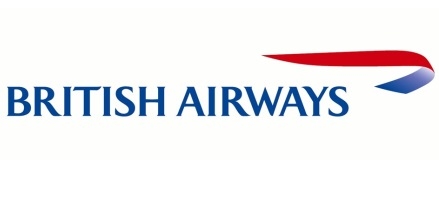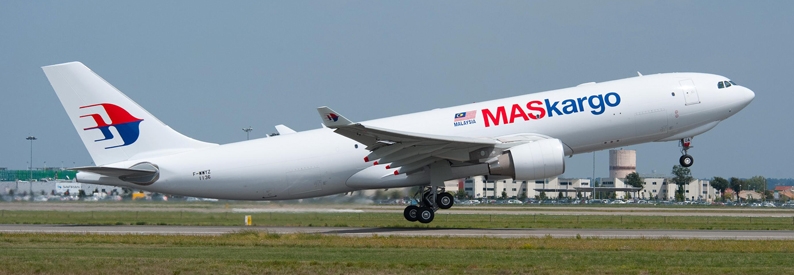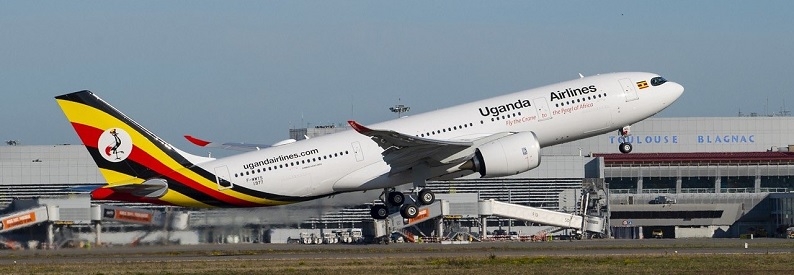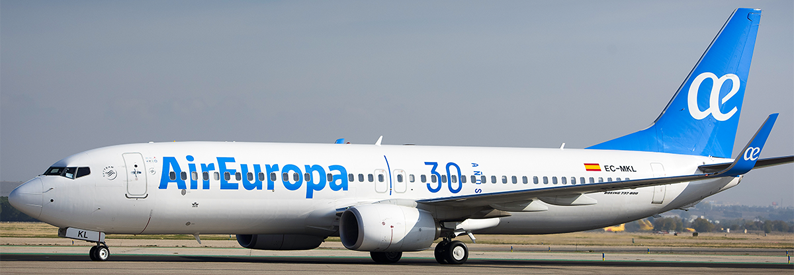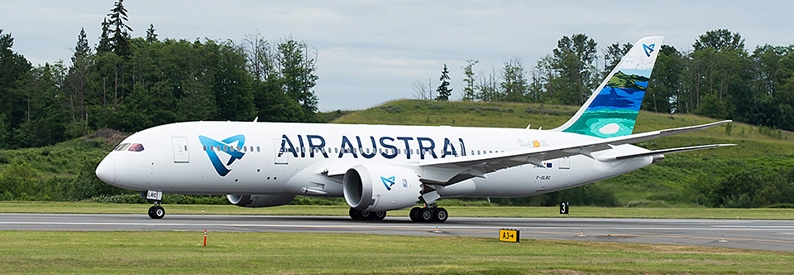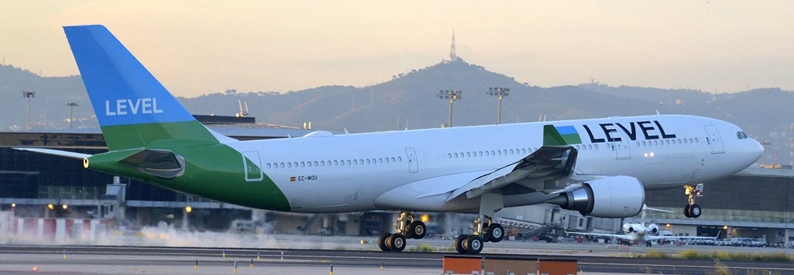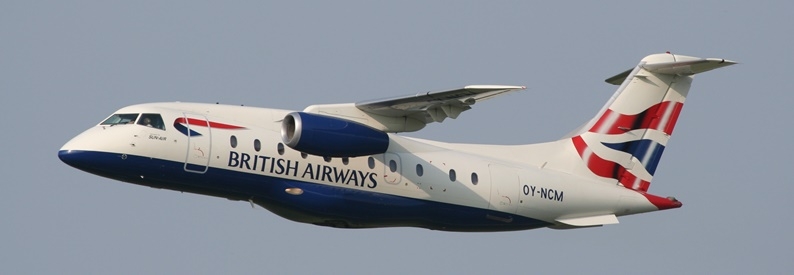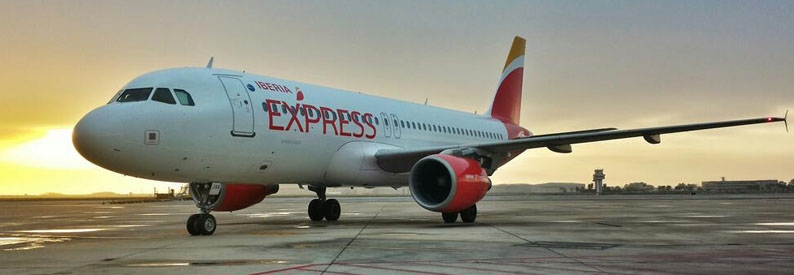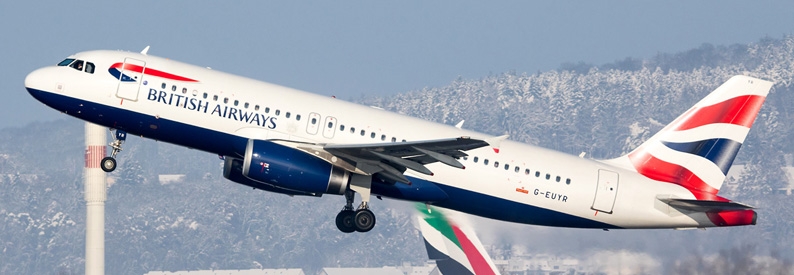British Airways (BA, London Heathrow) has trimmed its schedules again as continuing supply chain issues with the Rolls-Royce Trent 1000 engines that power its B787 fleet keep aircraft on the ground.
Speaking to Aviation Week recently, BA's chief planning and strategy officer, Neil Chernoff, said that the continuing uncertainty around engine availability required the airline to take a more cautious approach to its scheduling.
British Airways operates forty-one B787s, including twelve B787-8s, eighteen B787-9s, and eleven B787-10s. Of that number, four -8s, two -9s, and one -10 are out of service, according to ch-aviation fleets data. Chernoff said four were out of service because of engine shortages, and the airline is not sure when replacements will arrive.
"It’s hard to get certainty,” he said. “We’re developing plans for the 2025/26 winter season both with and without those aircraft. It’s possible we get some of them back over the summer, but we’ve learned that we need to give customers certainty. I’d rather not have them in the schedule, and if they become available we’ll see if we can fly them."
In October 2024, ch-aviation reported that British Airways was delaying the relaunch of its Kuala Lumpur International service and reducing frequencies on several other medium- and long-haul flights due to delays to the delivery of engines and parts from Rolls-Royce. The following month, the airline announced the suspension of flights between London Gatwick and New York JFK and Heathrow to Kuwait and Bahrain International for the same reason.
As reported by the AirlineGeeks portal, British Airways has now reduced its flights on the San Diego International, Houston Intercontinental, and New Orleans International routes later this year. These routes are either wholly or partially operated by B787s. BA has already announced the suspension of flights to Dallas/Fort Worth over the upcoming northern summer.
Chernoff says British Airways is building schedules through to 2026 factoring in the out-of-service B787s. "The key is giving customers confidence,” he said. “We’ll plan conservatively and adapt if aircraft become available.”
He added that if aircraft do unexpectedly return to service, British Airways may use them to resume a suspended service or deploy them elsewhere, depending on where the best growth opportunities are.
